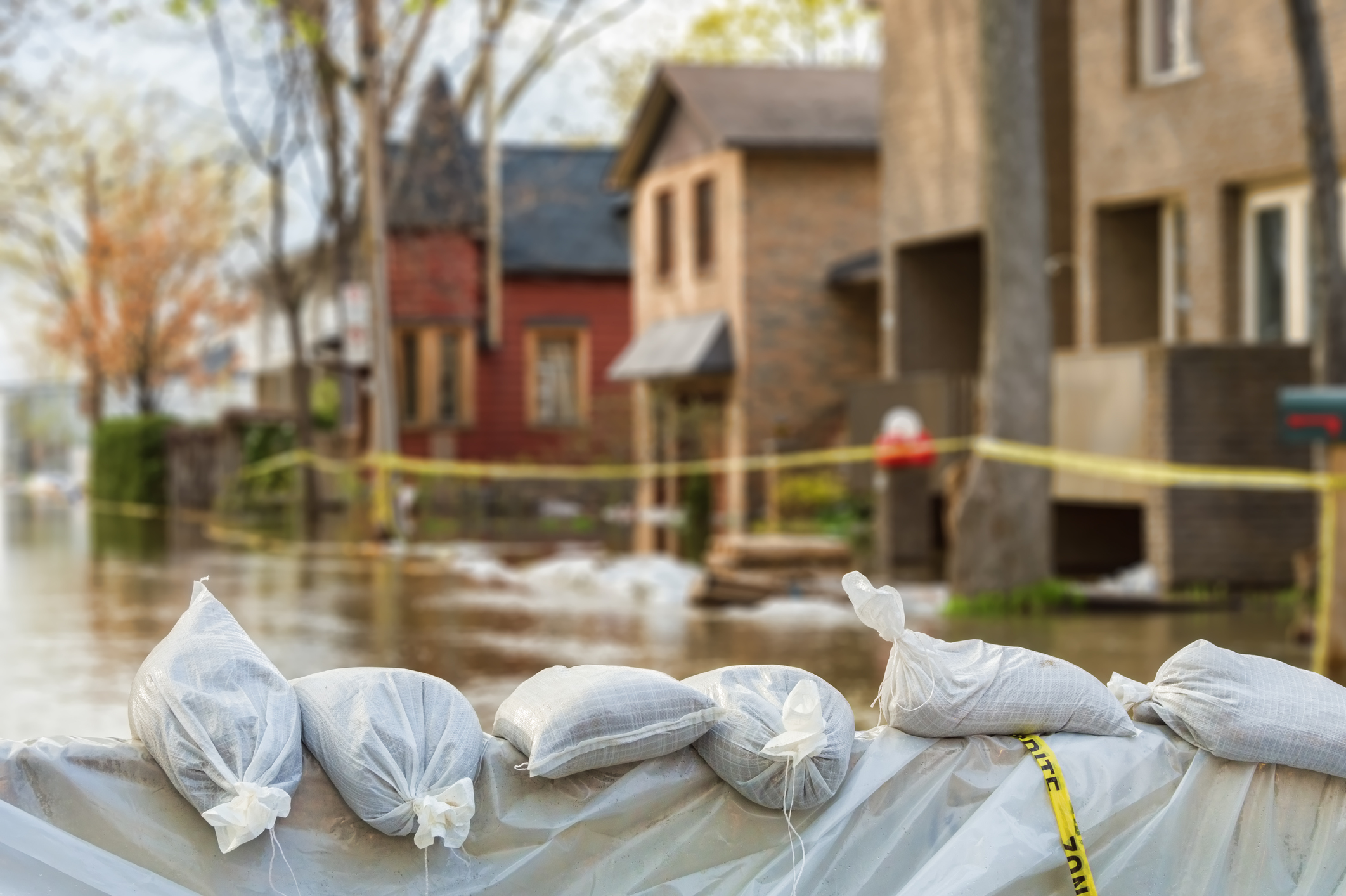 It’s been six months since Hurricane Harvey made landfall in Texas, but many residents in the South Texas area are still trying to recover from the storm’s impact. Post-storm mortgage delinquencies spiked as affected homeowners missed payments or worked to repair damages to their homes. This week, Texas Gov. Greg Abbott announced that FEMA had allocated $1 billion for Texas coastal communities to put toward hazard mitigation against future storms, such as buying out flood-prone homes or repairing seawalls. But for many homeowners who watched their homes invaded by floodwaters, the recovery is much more personal, much more complicated, and often involves questions they simply don’t know the answers to.
It’s been six months since Hurricane Harvey made landfall in Texas, but many residents in the South Texas area are still trying to recover from the storm’s impact. Post-storm mortgage delinquencies spiked as affected homeowners missed payments or worked to repair damages to their homes. This week, Texas Gov. Greg Abbott announced that FEMA had allocated $1 billion for Texas coastal communities to put toward hazard mitigation against future storms, such as buying out flood-prone homes or repairing seawalls. But for many homeowners who watched their homes invaded by floodwaters, the recovery is much more personal, much more complicated, and often involves questions they simply don’t know the answers to.
HOPE NOW Alliance, a nonprofit association of mortgage servicers and HUD-approved nonprofit housing counseling agencies, is working to help answer those questions. Partnering with the National Mortgage Servicing Association, HOPE NOW has announced it will be hosting a series of regularly scheduled drop-in center events where hurricane-affected residents can speak to professionals to learn how best to manage their own recovery and what resources are available to them.
“The events are focused on key issues families are facing as they go through the rebuilding process so they can walk away with confidence and feeling supported on their next steps,” says Eric Selk, Executive Director of HOPE NOW Alliance.
Participating mortgage servicers will include representatives from Ocwen, Wells Fargo, Mr. Cooper, Carrington, and Wells Fargo. Housing experts will include representatives from Fannie Mae, Texas Department of Insurance, and the FDIC.
Attendees will receive insights into rebuilding options, available recovery and assistance programs, and how to spot and avoid scams. HOPE NOW has announced two such drop-in center events thus far:
- Tuesday, February 27, from 4 p.m. to 9 p.m. at the Kingwood Community Center located at 4102 Rustic Woods Drive, Kingwood, Texas, 77339
- Wednesday, February 28, from 4 p.m. to 9 p.m. at the Courtyard Marriott located at 25402 Katy Mills Parkway, Katy, Texas, 77494
Ray Barbone, EVP Bank Operations, BankUnited and Chairman of the National Mortgage Servicing Association, says, “HOPE NOW was born out of the financial crisis as an alliance of mortgage market participants including servicers, counselors, investors and regulators. They played a vital role in assisting millions of borrowers with staying in their homes during the crisis. It is only natural that HOPE NOW extends that same assistance to the families and communities impacted by the devastation of Hurricane Harvey. The NMSA is honored to partner with HOPE NOW in support of those efforts to assist families in need.”
For more information on HOPE NOW Alliance, click here to explore the official website.
Editor's note: Texas Windstorm Insurance Association was originally included in the lineup of participating organizations, but they will not be a part of the lineup for these events.

 theMReport.com Your trusted source for mortgage banking news
theMReport.com Your trusted source for mortgage banking news








